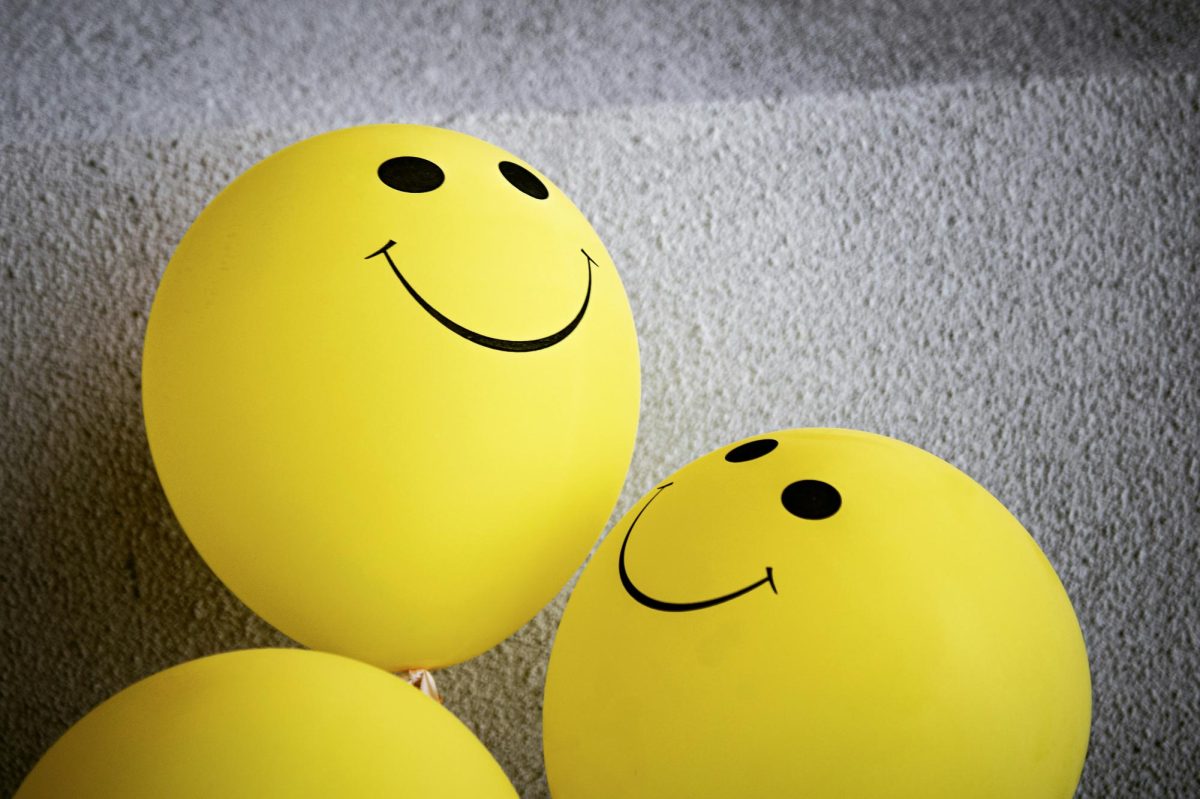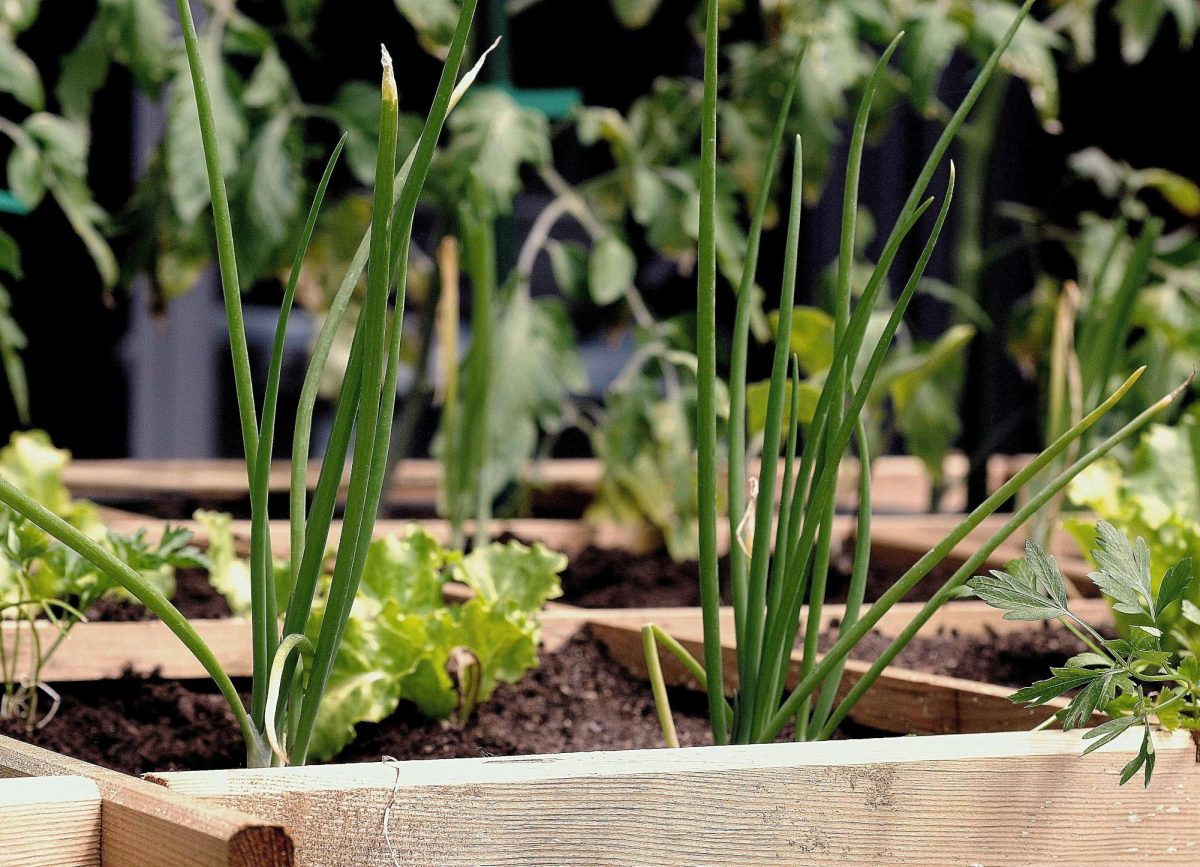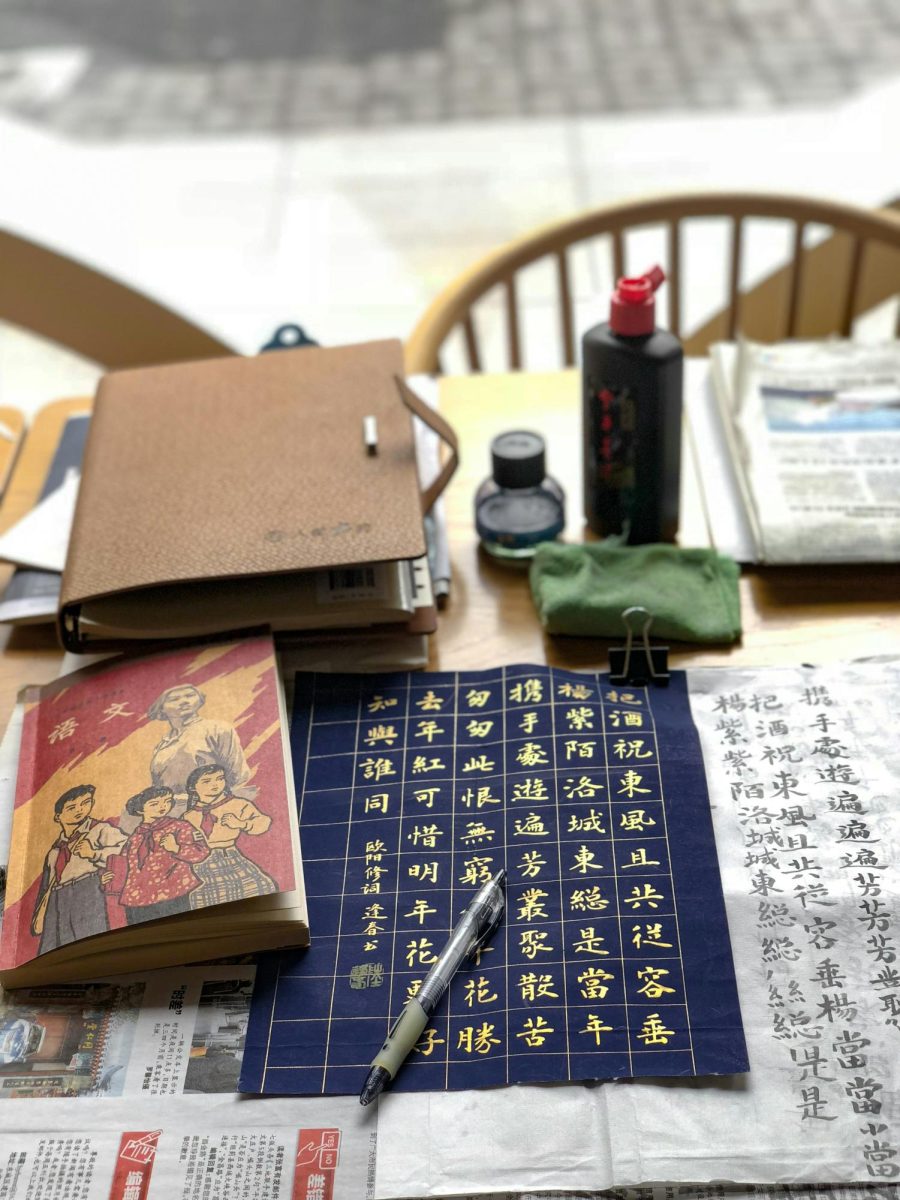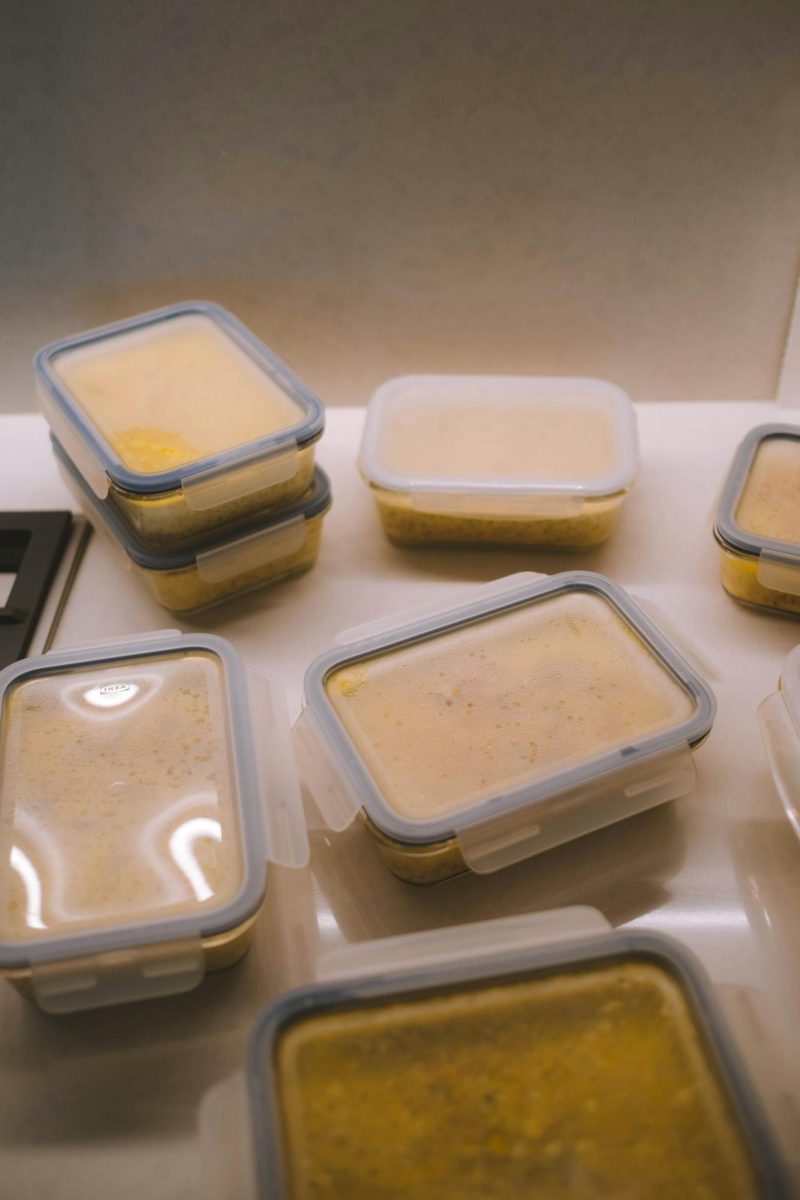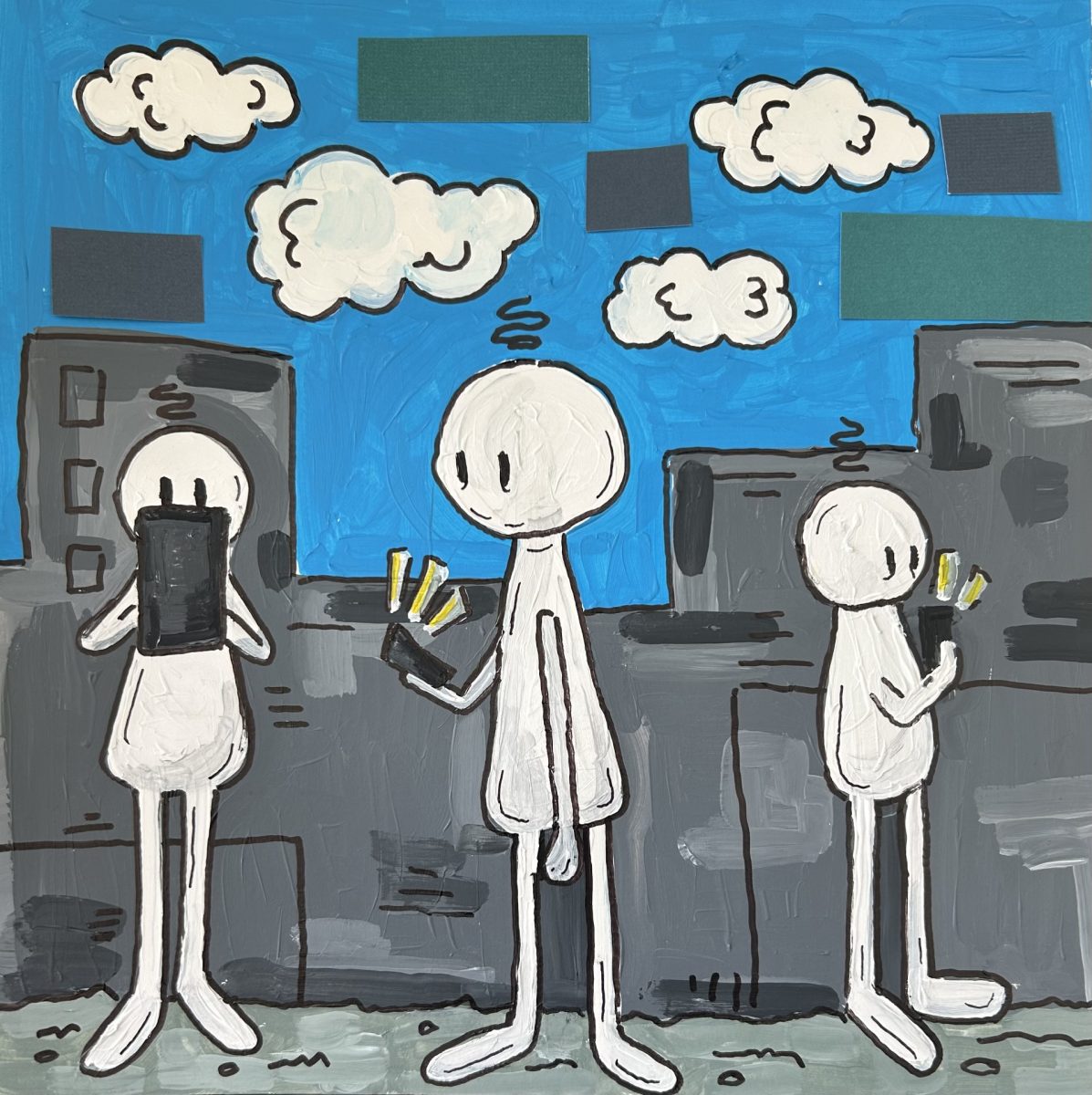The buzzword “Burnout” can be applied to many things in life, including your job, passions, hobbies, and even daily tasks of life. Perhaps the most relevant coinage for “burnout” can be applied to the news and the large-scale tragedies that are broadcasted in 4k at all hours of the day on the hamster wheel that is the internet and media circuits. How do we have empathy and feel the horror of what is going on in the world without being desensitized, while also keeping a positive outlook on our own life? How do we recover from news burnout without turning a blind eye? The answer is incredibly complicated, in a way that cannot be simply answered, but there are ways to help yourself keep hope when the world feels dark.
So how do we avoid developing these negative emotions when it seems there is a new atrocity occurring every day? A big first step is limiting time on the internet. This can be as simple as taking walks and leaving your phone at home to actively set a schedule in which you are not on a device at all. UPMC Health Beat says that people feeling intense stress over news a should limit their screen time to “an hour a day, including social media and online sources.” This can seem extreme at first, but ultimately can allow for us to focus on what is directly around us and take notice of the positive things in our vicinity, which will slowly improve the outlook on our environments.
Another method of lessening the strain of media fatigue is a balance act of reading up on positive changes that are occurring in the world. If we read one article on a negative topic, follow that up with something positive. For myself, I often look to positive changes with the climate crisis, or even positive local news, to help reassure myself that there are people actively trying to aid the world’s many grievances. Local news impacts us directly, and if there is good to be found in it, then it can make us feel less overwhelmed by many horrible things we either cannot control or have little impact on.
Sometimes certain atrocities throughout the world can be aided even by the smallest impact, and lessening the stress of negative news can be taking part in the activism, even if it is just a small amount. Many of us feel guilty ignoring these topics when our own lives also take up a lot of space in our minds. Layering that with the guilt of feeling like you’re standing by can worsen this stress. According to UMPC Health Beat, taking part in small points of activism like looking at what you can do to help can offset the feeling of hopelessness. After taking time for yourself and taking breaks – donating, protesting, calling your representatives, or even just reposting to spread awareness, can allow us to feel like we have an impact on world events. Of course, don’t allow people to make you feel bad for taking part in activism in the ways that meet each of our individual means. Even the smallest actions can help move mountains.
If there is a way we can take part in all of these things and use them like tools rather than ultimatums, the more proactive and happier we can be in a world that is rife with problems. Take breaks, prioritize yourself, and speak up in the ways that not only suit your life, but make you appreciate the world we live in. If we learn to keep a little optimism in our pocket, it’ll take us far.
